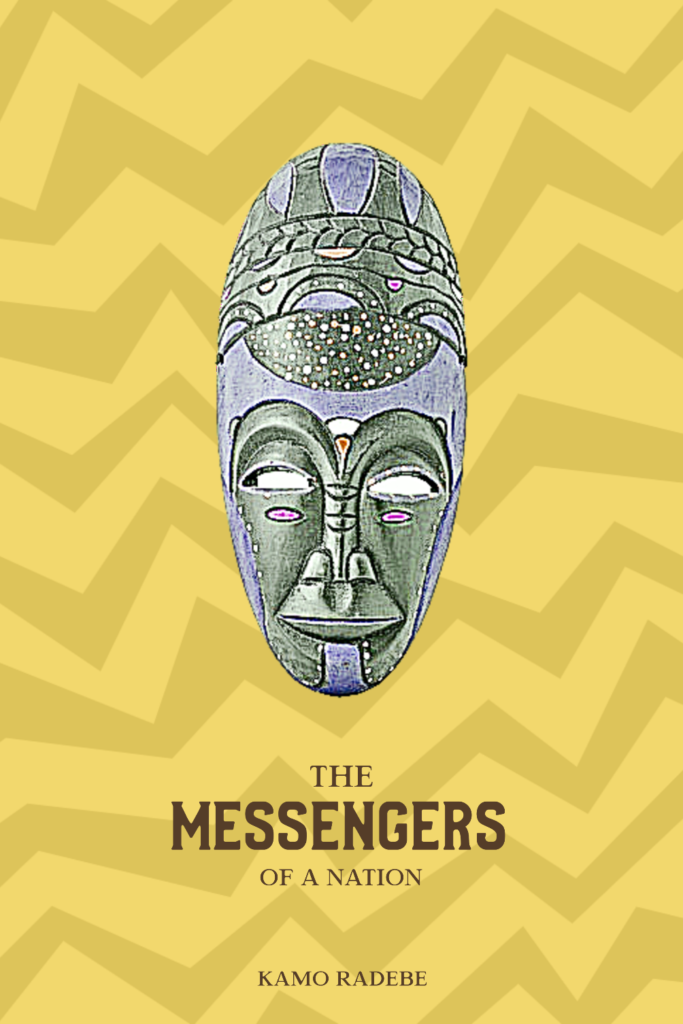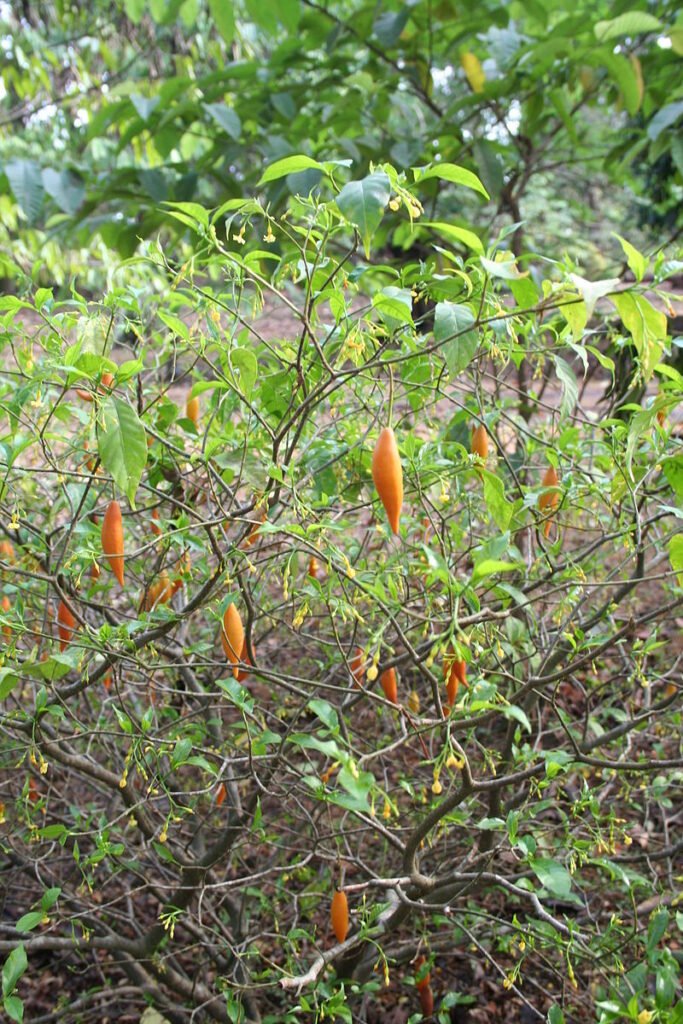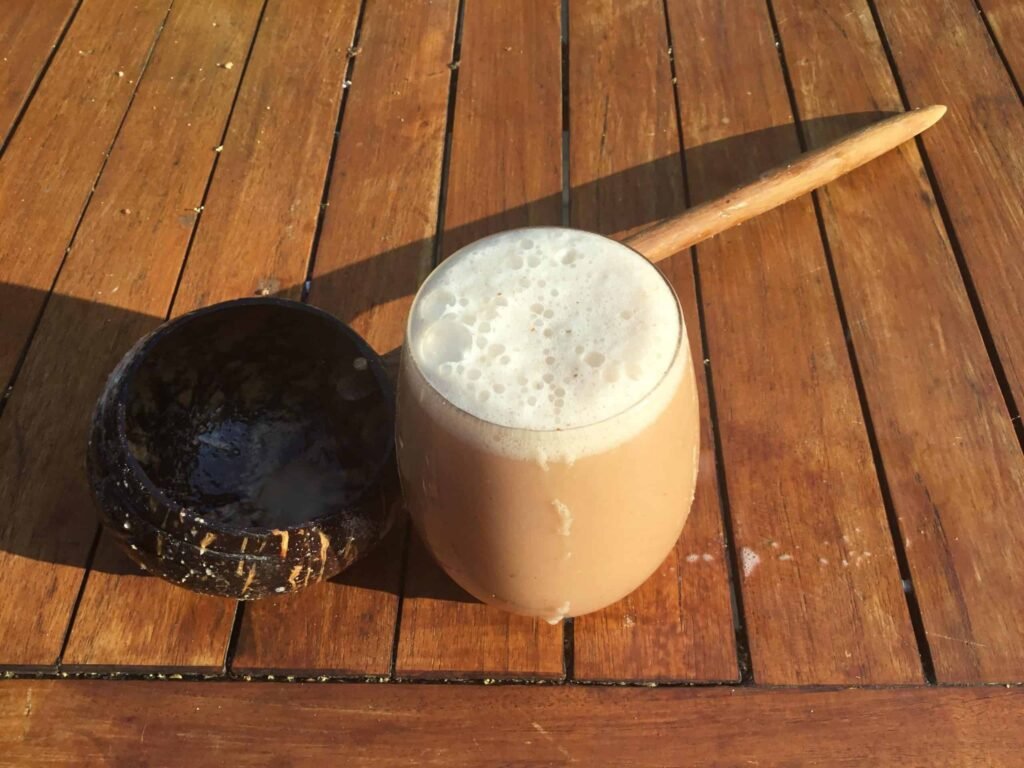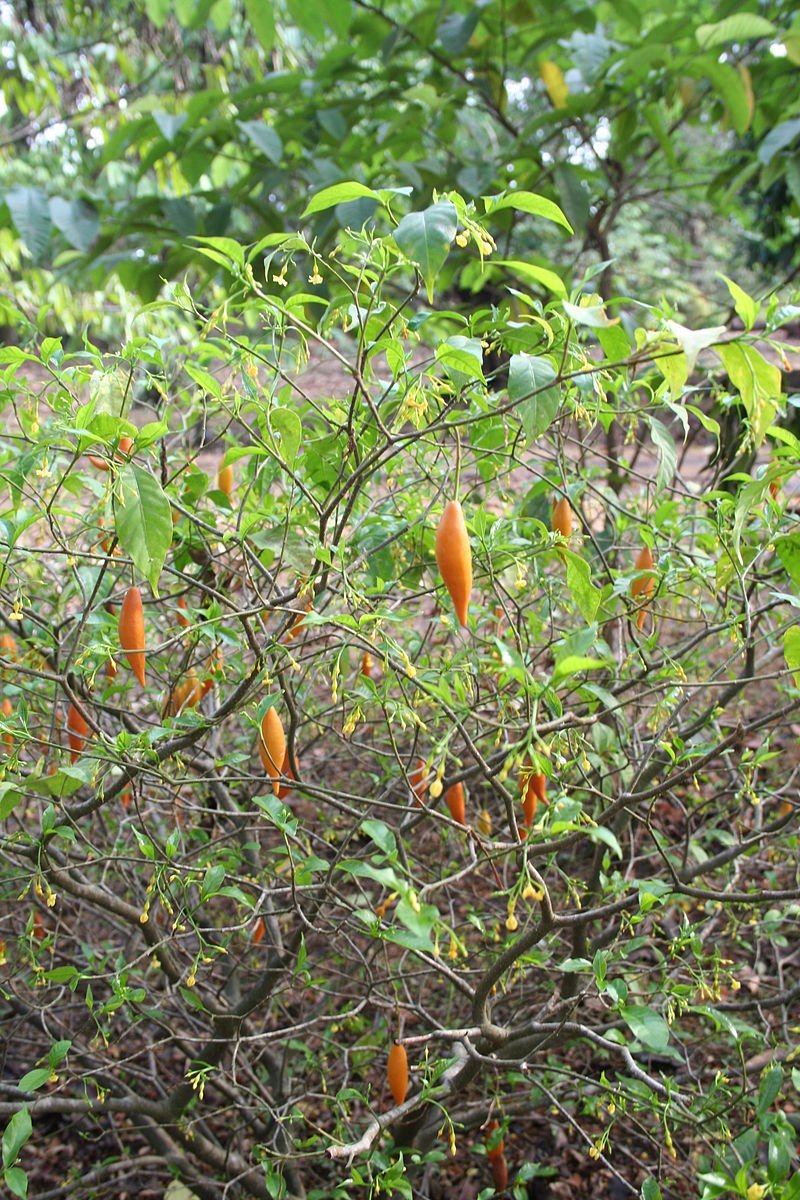
The understanding…
According to the rest of the world, we(Africa) live in a land of plenty of natural resources, with enormous flora, fauna, and human mega-diversity. Also, according to the world, we are politically inept and passive. Finally, according to the world, the continent is somewhat emerging.
From a parallel perspective, the continent still suffers vast exploitation, despite efforts to subdue it.
Cemeteries are hollering by the spirits that yearn for something better for the land above this stark failure. Through our rituals, we try to make amends with these spirits. But because of gluttony, our pathway to them is choked daily.
We believe that the dead clears our path. Veneration of the dead is in increased practice here, and there’s a homogeneity of the practice across the board. We may occasionally visit tombs and ask for ancestral intervention with our businesses, home life and the sorts.
Our daily rat race quickly wears on us. And this may also be a coping mechanism.
Sometimes our rituals are performed at night and around a campfire. The women are usually indoors preparing food. The men typically surrender an animal but may also
help indoors if necessitated. During these gatherings, we would reflect on our lives, the bondage of the clan, and external factors of life, including deities. We consider our ancestors as our deities and directly talk to them. God, in this instance, is often understood vaguely but not entirely written off. When pressed for an opinion on God, many would likely affirm it as the ancestors.
Some outsiders describe our acts as evil, particularly the surrender of an animal. Whether we explain its significance seems insignificant, I suppose to each their own. These rituals are the last remnant of a past that most of the continent still shares. But there are people with the audacity to call it egregious!
Ignorance is not always a bliss.
Where the bill of rights decrees that people have the right to express their viewpoints, it must also state that they may do so only if qualified on the subject matter. Otherwise, everyone has a view, we all have views, and it’s all reduced to thin air.
On the topic of the night sky, we talk of its beauty and far reach. Many of us yearn to touch it, yet we realise it is intrinsic to our reality.
We receive plenty of whispers when we fuse the night’s energy with our drum beats and ultimately evoke the spirit of our ancestors. So much of what we practice is sacred, and that is our proposition. Today the world is searching for that sacred knowledge and experience(That loop of life, repeating, Repeating!). People will go to the Amazonas to try Ayahuasca, Equatorial Africa to try Iboga, or Tibet to meditate. The key to all these experiences is rituals coupled with the fierce silence of the night.


That knowledge remains preserved in certain parts of the world today, and people refer back to those tribes and rituals, and now they aren’t ‘primitive’ anymore because we are vested in them.
Today, we are still glad to retain our practices because life is lending itself to experiences more than ever. Today we have the opportunity to collect our writings, art, traditions and phenotype and decode our story to better understand our clan tree.
We should help shape the future.
This intel will help bridge the past divides and force understanding and coherence for the future.
We may finally correct Wikipedia for all its assumptions about us. Sharing a continent and history, we have something to hold onto here! And today, it is incredible that we are as diverse yet similar as we are.
We hope our differences will work in our fight against totalitarianism, and our similarities will help foster understanding and peace(to a degree). The good news is that news articles today are widely circulated, so our chief job is to present striking content and watch it flow.
(And so goes the dialogue in my head!)
During these campfires, so with many others, those from the community invited to join often do. It is incredible how it happens. If one has devious intentions, then killing dozens of people in one sitting would be effortless.
We brew a lot of traditional beer, and to say it gets galloped is to oversimplify it. This beer is called Umqombothi, and it is an incredible joy to have once in a while. I also understand that it has variations, with different names across the continent.

People love it, so brew poison, and there would be mass funerals in no time. But that is not the point here; I suppose the issue is how trustworthy and community-centric parts of our society still are. We have that in common. Whether you are in the former Bantustans or Townships is inconsequential.
Lets talk of Ubuntu(Not the Operating sytem!)

BBC made a documentary on Ubuntu and what it means in modern language. I would say that although this principle has since mostly decayed, it still has some relevance in the Townships, where the average barrier between neighbours is less than a meter high.
Our neighbours share disposables, gossip together, fight most of the time and share in laziness. But all considered, they can still tolerate one another—talk of Ubuntu.
However, this construct does not sit well with many youngsters, and many will leave this lifestyle asap. Not that it is uninteresting, but because it is shallow. It works in the township between static(elderly) people, and that’s pretty much all there is to it.
Each person has a different viewpoint..
But suburbians write of it behind closed walls and assume they understand the implications.
Let’s talk about the lack of reconciliation. If there was any tangible sense of it, then I don’t see why writers in the burbs(usually white people) wouldn’t go to these areas to study its effects first-hand. And as publishers, their publications may be cut-rate.
There was never much doubt about the implications of Ubuntu on our lives here, but the critical issue is how youths intend to revive it in these very diluted times. We are westernising, to put it mildly. But there is still a sense of richness here that we simply can’t avoid.
Go back here.



